The Talks | The Faculty | Registration | LifeLong Learning
SEWANEE SUMMER SEMINAR: CELEBRATING 50 YEARS (1976-2026)
There's no age limit on curiosity. The mind doesn't retire.
When do the Seminars take place?
- SESSION I: June 22 – 26, 2026
- SESSION II: July 6 – 10, 2026
The Program
The Seminar will be housed in several locations across campus in 2026.
Each lecture described below is given on a single morning. After a break for refreshments, participants may join a further discussion of the main lecture or choose to attend a different presentation given by another faculty member.
Who comes to the Seminars?
We always have a lively group composed of alumni, friends of Sewanee, and those who are simply curious about this beautiful place. The only prerequisite is that you enjoy the flow of ideas and the company of interesting people. Some participants are quickly swept into active dialogue; others come to absorb and reflect.
Who teaches the Seminars?
We will be celebrating our 51th anniversary this summer with a group of outstanding speakers:
The Week
- Sunday, afternoon:
- Arrive at Biehl Commons for check-in between 2:00 - 4:30 p.m. Central Time
- Opening reception at Biehl Commons 4:30 – 6:00 p.m. Introductions at 5:00 p.m.
- Monday–Friday mornings, 9 a.m.–noon: Seminars
- Monday–Friday afternoon and evenings: Optional programs and activities
- Friday late afternoon: Final reception and farewell dinner
- Saturday morning: Departure by 10 a.m.
The Daily Schedule
Mornings begin with a hearty breakfast at McClurg, followed by the main lecture of the day at 9 a.m. After a break for refreshments it is time for a choice: to discuss the main lecture topic or to join a new talk with a different professor. Thus, each morning includes opportunities to pursue two different subjects. Everyone hears the main lecture, then some pursue that subject for the rest of the morning while others jump into one of the “second talks.”
Afternoons and evenings are for more informal activities. We provide plenty of opportunities for hikes, visits to interesting local spots, film viewings, and other activities. Many participants mix these with their own forays into the library, into the sun, or into the luxury of unscheduled time. Use of duPont Library and the Fowler Sport and Fitness Center are included in the program.
Housing and Meals
Session I participants will live in Quintard Hall while Session II participants will be housed in Benedict Hall. Meals, with the exceptions of our opening reception and farewell dinner, will be at the University Dining Commons, McClurg Hall. The campus coffee house, named after Ted Stirling, the founder of the Sewanee Summer Seminar, is on the east side of the Bishop’s Common.
How much does it cost?
$750 for each adult participant (tuition, double room, shared bath, and meals)
$800 for each adult participant (tuition, single room, might be a shared bath if we are crowded, and meals)
$450 for tuition only, per person (no housing or meals)
$75 early arrival fee per day, per person
For tuition-only participants, meals are also available on an individual basis.
Remember: The Summer Conference Office charges early arrivals (Saturday after 2 p.m.) $75.00 per person, per night
How do I make a reservation?
Register online
A deposit of $100 reserves your place or send deposits and direct questions to:
Professor Bethel Seballos
Director, Sewanee Summer Seminar
The University of the South
735 University Avenue, Sewanee, TN 37383-1000
Email 931.598.1469
Sewanee Seminar Talks
THE TALKS | THE FACULTY | REGISTRATION | LIFELONG LEARNING
Sewanee Seminar Faculty
THE TALKS | THE FACULTY | REGISTRATION | LIFELONG LEARNING
2026 Faculty:
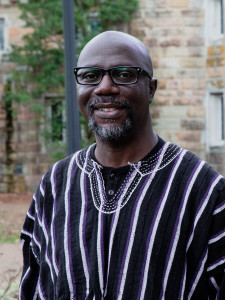
Professor Emmanuel Asiedu-Acquah, International and Global Studies
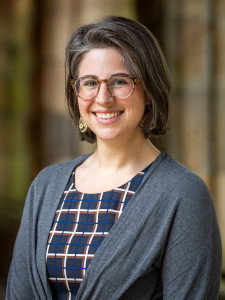
Professor Anne Duffee, Mathematics
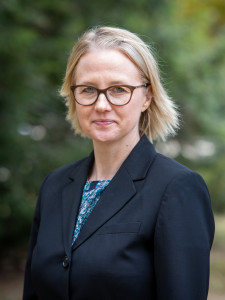
Professor Andrea Mansker, History
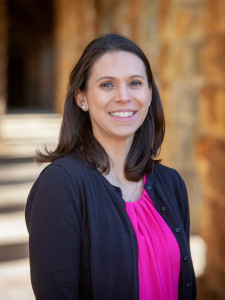
Professor Evan Joslin, Chemistry
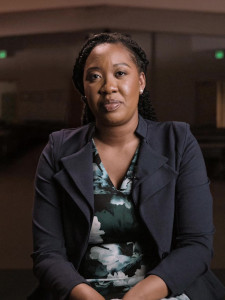
Professor Britt Threatt, English
Registration
THE TALKS | THE FACULTY | REGISTRATION | LIFELONG LEARNING
Use the form below to secure your spot in the Summer Seminar.
To complete this form, click here.

